The automotive industry can offset the impact of the third wave of Covid-19 by mapping tier suppliers among other initiatives writes Manav Kapur, Executive Director, Steelbird International.
The health ministry has said that the third wave of Covid-19 is now imminent and India should start to prepare itself for the new mutant of novel Coronavirus. The outbreak of the pandemic and consequent lockdowns have had a devastating impact on India’s automotive sector. The second wave of Covid-19 has only added to its woes, taking a heavy toll on it, not just economically but emotionally as well. With different pandemic waves impacting with uncertain cycles, the auto sector has started behaving similarly in terms of its peaks and troughs. There will be a rise and fall in demand and fluctuation in supply as well. Moving along, many industry mavens from various sectors unanimously think that India has learned many lessons from the pandemic, and it can certainly handle the challenges if the third wave arrives in the near term. Strict adherence to the Covid-19 guidelines, employee and partner safety protocols, stringent social distancing, regular sanitisation and vaccination can help in averting the onset of another wave to a great extent. Some steps adopted by the manufacturers can be broadly summed up in the following points.
Buffer stock
With the current pandemic still ongoing, the manufacturers have started keeping buffer stock at every level. The auto industry like the case with pharmaceuticals is maintaining enough supplies to keep operations running smoothly even during unprecedented times. A buffer of raw materials can stabilise the fluctuation in demand and supply.
Lesser imports and higher localisation
While the dependency of the auto manufacturing sector on imports is approximately 70 per cent companies are supporting 75-95 per cent localisation and focusing less on imports. In the wake of the global pandemic, many nations had come to a standstill, with negligible business operations which in turn encouraged manufacturers to look for more indigenous associates or partners in the domestic market. The supply chain management got badly affected during the pandemic. To improve the customer experience and meet the ongoing demand, there is a dire need to adapt the government’s hundred per cent localisation movement and start to cut dependency on imports.
Hiring local manpower
We have observed that the pandemic has worsened the condition of migrant workers in India. Whenever there were any new announcements made by the government, the migrant workers lined up at railway stations and bus stops to head home. This affected the production adversely in many manufacturing units. There are innovative ways to retain manpower. And in some cases, companies have started looking for labourers who are not migrant but local, also at times offering better facilities so that the toll on the labourers is minimised.
Strong secondary mapping
The auto sector can offset the impact of the upcoming third wave by strongly mapping the tier2 and tier3 suppliers. There is a need to monitor the position and stock level, evaluate the manpower situation. The auto sector will have to make consistent endeavours to meet the supply-side obligations as per the demand generated even if the times have been challenging. However, more than preparing for the third wave, we should all work towards preventing the onset of a third wave and follow strict Covid-19 protocols. Else the unprecedented economic downturn of 2020 will raise its head again, with all the challenges the economy faced in the past year leading to massive losses of revenue and livelihoods. ACI
Also, read A Jab For Localisation


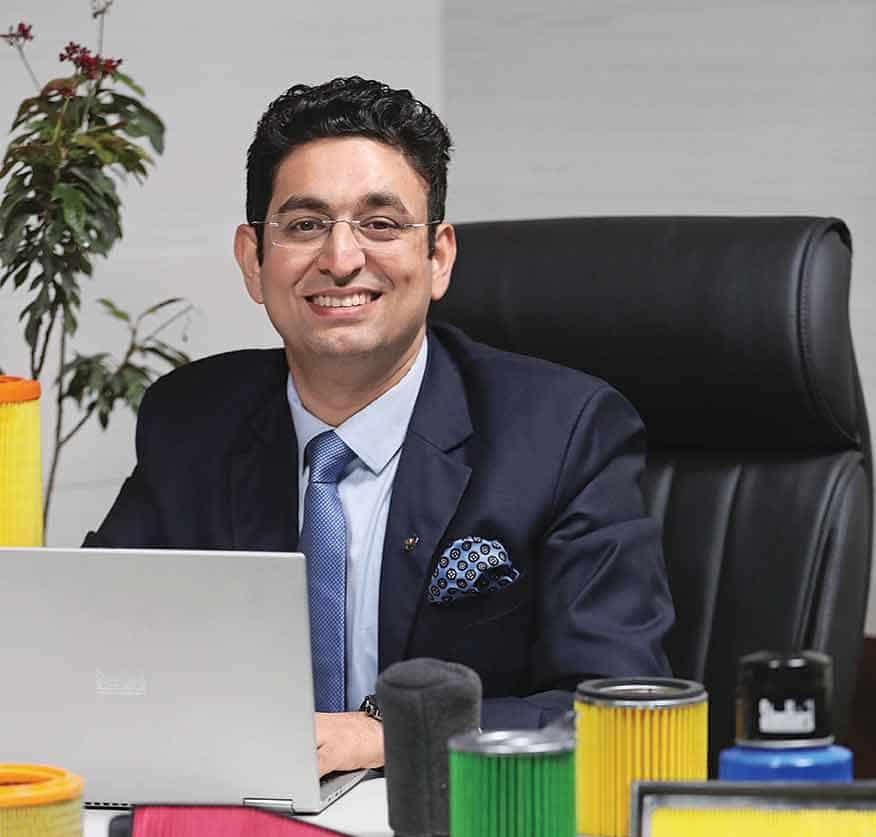
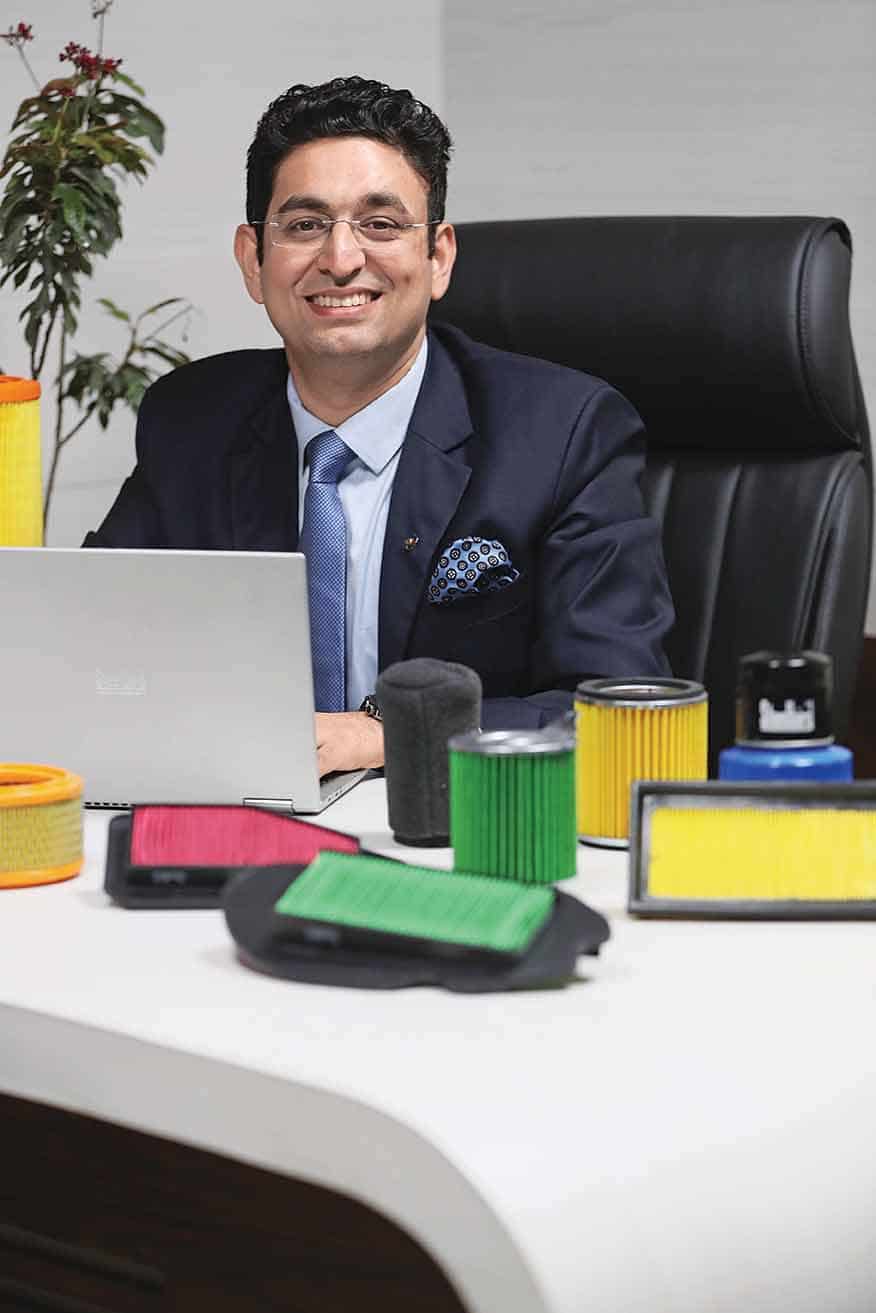

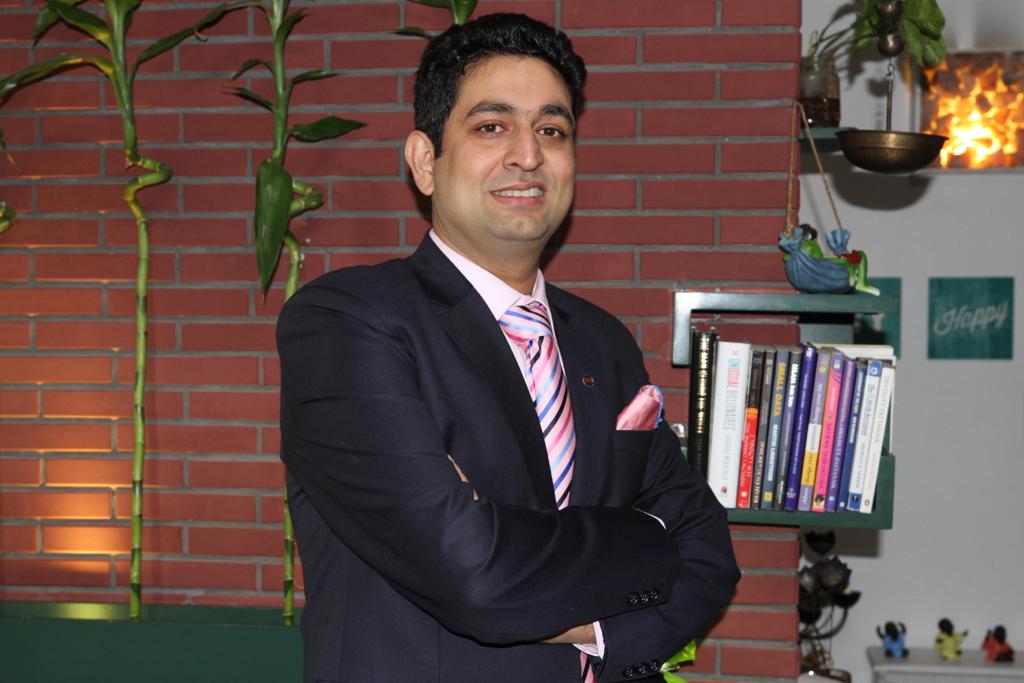
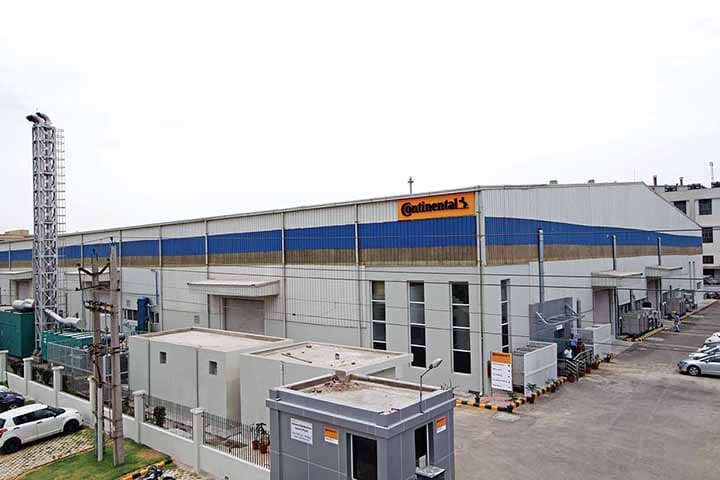
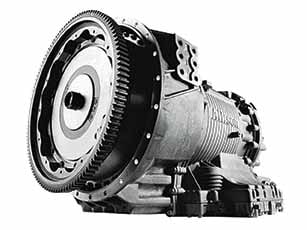


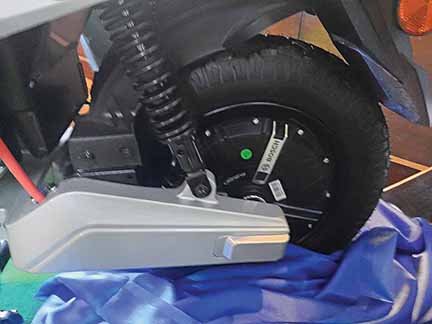
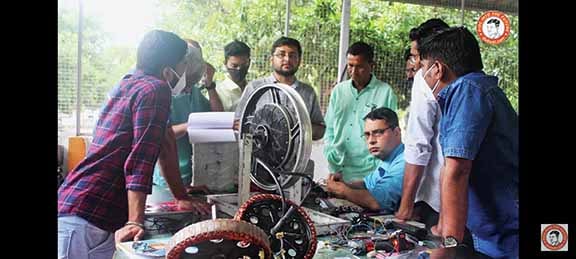

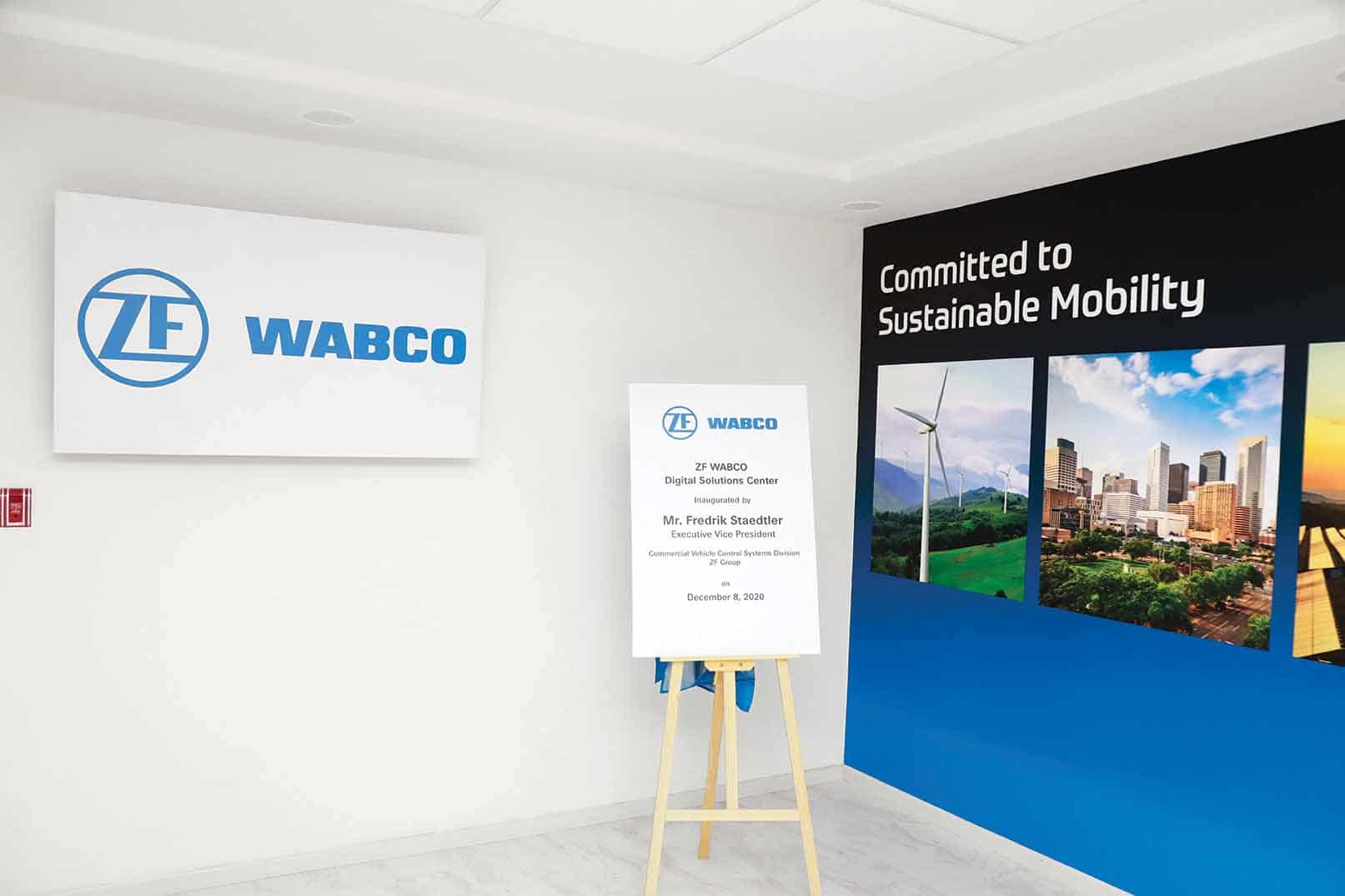

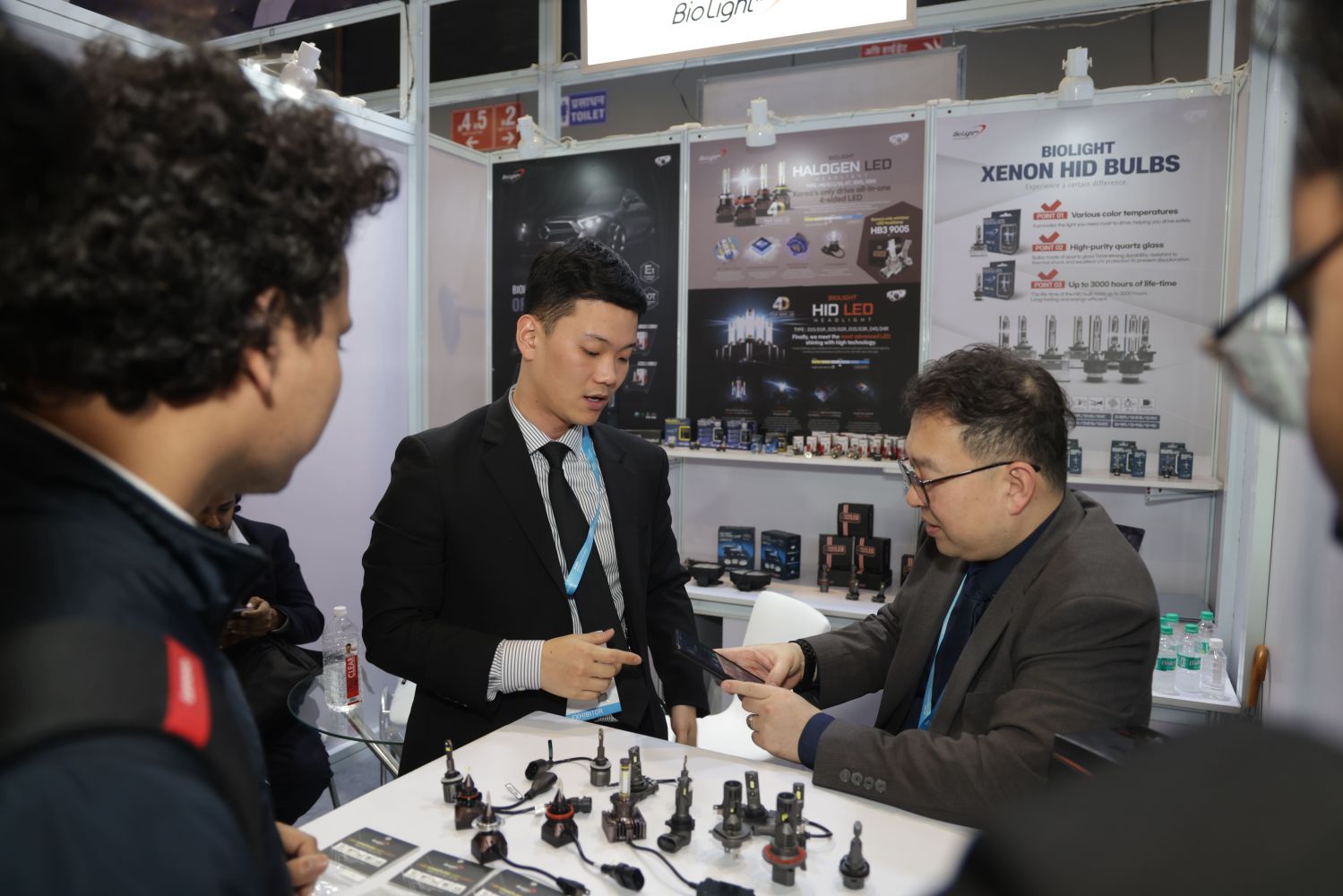
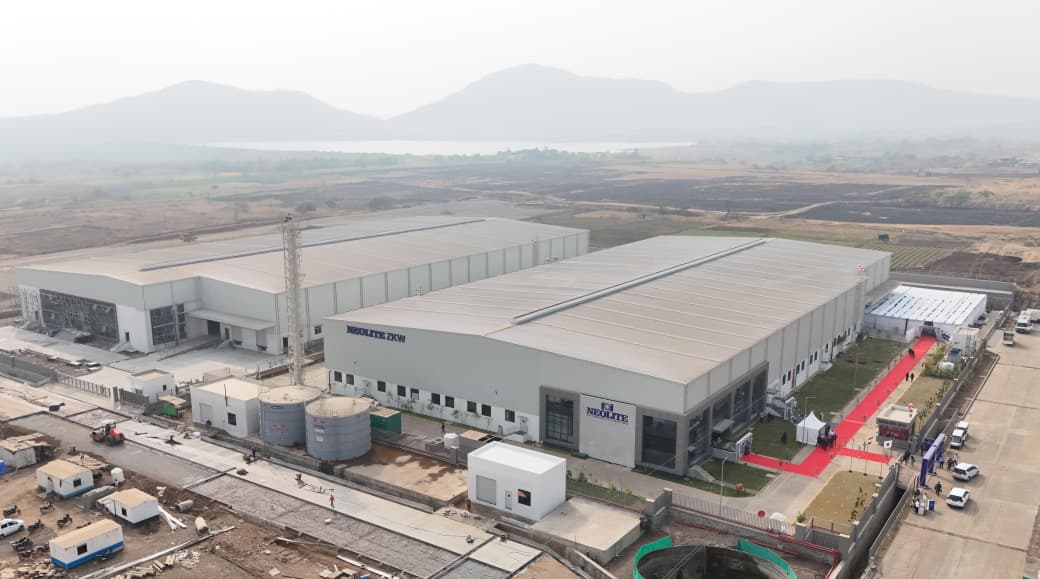
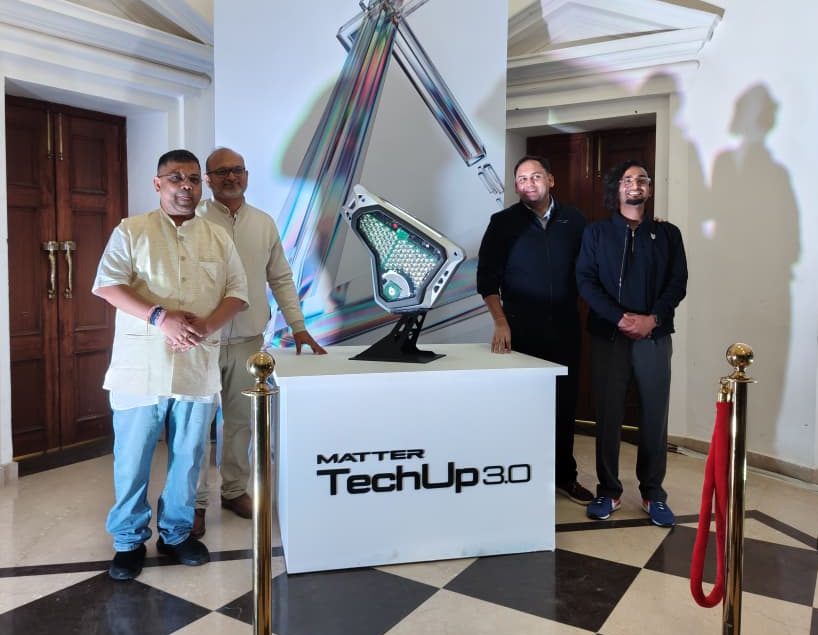
Leave a Reply